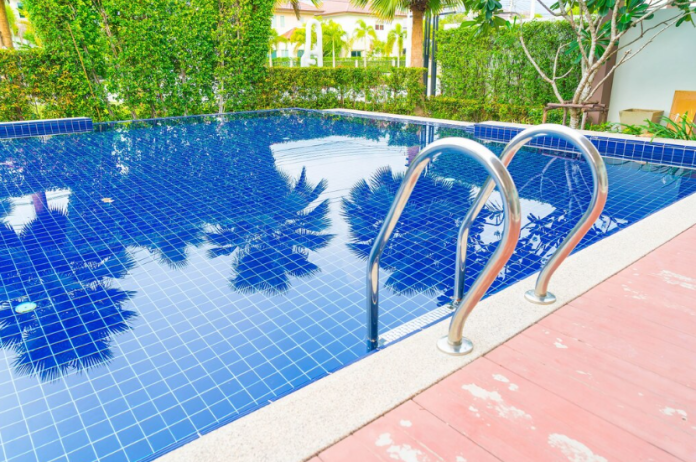Your pool pump is one of the most important components of your swimming pool. It circulates the water, keeping it clean, clear, and healthy for everyone to enjoy. A good pump also helps your other pool equipment last longer. But with so many options available, it can be a daunting task to choose the right one. Here are some key factors you should consider to find the perfect pool pump for your needs.
Pool Size
The size of your pool is the first thing to consider. This is normally gauged in liters. It is important to know the volume of your pool since this will aid in determining the flow rate that is required. This flow rate will often be listed in litres per minute (LPM).
The important thing that you can do to make sure that the pump that you are going to select is the best match to the job is to calculate the volume of your pool. A small pump will not be able to maintain your water clean, and an oversized pump can lead to other problems.
Match the Power to Your Filter
There is a widespread misconception that the powerful pump is always superior. Although you require a pump that is powerful enough to pump up your pool water, it is important to match the power to your pool filter. All filters have a limit to the flow rate that they can support.
When you install a pump that is over-powerful to your filter, there is a chance you may break your equipment, which is costly and irreparable. Make sure that the maximum flow rate of your filter is checked before you purchase a swimming pool pump, so that they can be compatible with each other.
Consider a Variable Speed Pump
The pool pumps may operate at various speeds, including single-speed and dual-speed and variable speed. Although the use of single-speed pumps has been a long-standing practice, variable-speed pumps are much more beneficial today.
Variable speed pumps have the advantage of running at a low speed during normal daily filtering and increasing the speed to a greater one when you require more power, such as when you are vacuuming the pool. This not only saves you money on your energy bills but also puts less strain on your equipment.
Noise
Another significant factor that cannot be overlooked is the noise of your pump output. A smaller pump will enable you to run it at off-peak times of electricity without annoying your neighbors.
Find details on the noise output of the pump in product specifications or read reviews. A less noisy model would allow you to make your backyard a more comfortable and quieter place.
Check the Energy Efficiency Rating
When it comes to pool pumps, it is important to consider one that is energy-efficient. Many modern pumps have a label of the energy rating on them, and this will help you compare the amount of electricity that is consumed by various models.
By selecting a pump that has a high rating of energy efficiency, you may pay a little more initially; however, you will save a lot of money in your electricity bills throughout the life of the pump. It is a wise investment that pays back in the long term.

